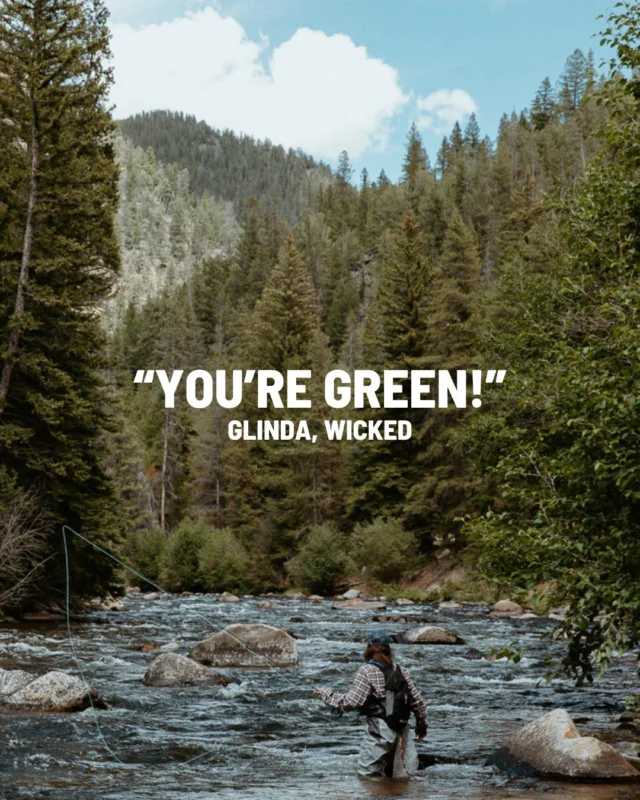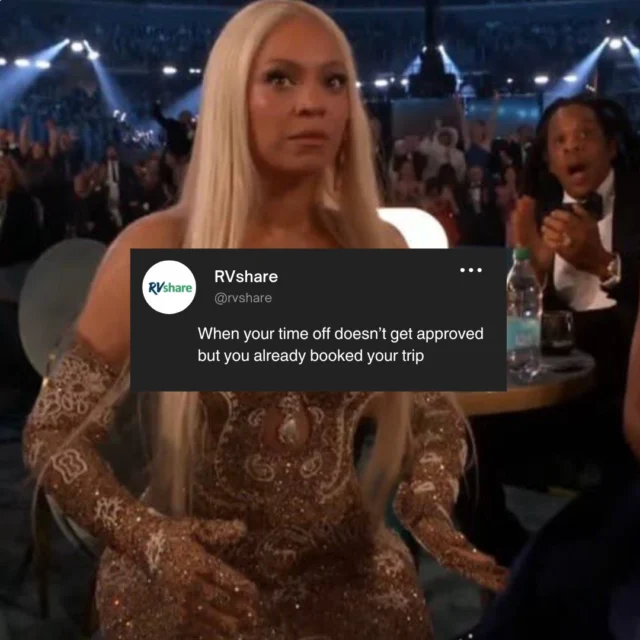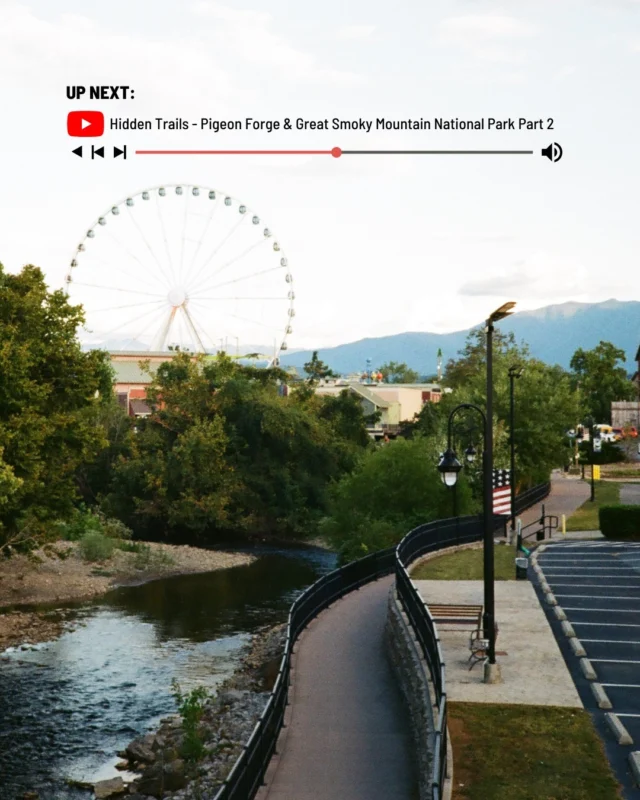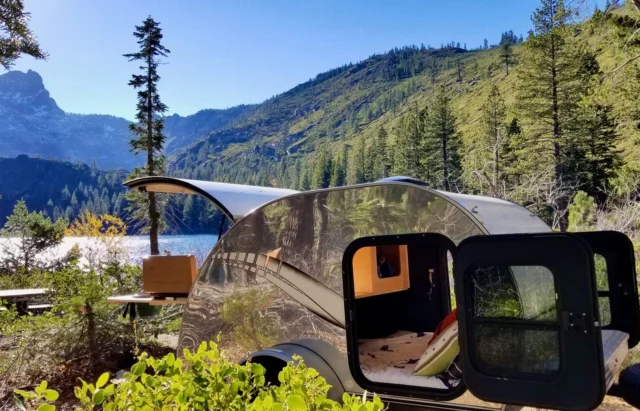
With its lush forests, driftwood beaches, picturesque mountains, peach groves, and vibrant array of cultural attractions, Georgia is an attractive destination for RVers. Nevertheless, if you plan to live in your motorhome or trailer full time, you need to know the regulations that govern RVs in Georgia so you can settle in without issue. Knowing how to camp, park, and tow on private and public property and roads, securing permits and insurance, and financing your lifestyle are key to successful RV living in Georgia. Here’s everything you need to know to follow all local and state laws and contact officials or consult ordinances in your destination to ensure that living in your RV is allowed.
Please note that this is not an official source of information, and rules and regulations may have changed since the writing of this article. Please always check with your local authorities before making any long-term decisions and if you are unsure of your local laws.
Can You Live in an RV Full Time in Georgia?
State laws in Georgia do not explicitly prohibit you from living full time in your RV, but many cities and counties have zoning laws that make it illegal. Because RVs are considered vehicles, not residences, you’re usually not allowed to live full time in your motorhome on private property unless you are building a permanent residence there. Since there may be exceptions in some rural areas, check your local zoning laws. You could also live in your RV in a residential multifamily (RM) zone that allows motorhomes and trailers to be used as permanent residences. Extended-use RV campgrounds and parks may also be set up to accommodate full-time RV living.
Rules and Regulations for RVing in Georgia
If you’re committed to living in your RV full time in Georgia, knowing the rules and regulations governing camping, towing, and parking can save you from paying fines and keep you out of legal trouble. Be sure to check with official sources like Georgia.gov and city and county agency websites for information about permits, parking ordinances, towing laws, and other regulations in your destination.
RV Parking Laws
Georgia allows RVers to park at welcome centers, tourist centers, and rest areas to visit, eat, and rest. Although there are no time restrictions on your stay, overnight camping is not allowed. Georgia Code 40-6-203 also imposes several restrictions on where vehicles can park to ensure the smooth flow of traffic. Some private parking lots and 24-hour businesses allow free overnight parking, but you must ask about the owner’s policies before stopping there. If you’re planning to live in Georgia permanently, you’ll need to title and register your RV in the state and obtain any necessary permits to legally park it for an extended period of time.
Individual localities will likely govern the length of time you can park in a given area. In some places, you may be allowed to park your RV in the rear of your property, where it is mostly out of sight. You may also be able to get an exemption to park in a driveway for a limited amount of time, but most cities will not allow you to stay overnight in a camper outside of an RV campsite or designated area.
Trailer Towing Laws
Trailer towing laws in Georgia establish size limitations for RVs, including a 13.5-foot maximum height and a maximum width of 8 feet, 6 inches. The total length of your motorhome or vehicle-trailer combo must not exceed 60 feet. Triple towing is not allowed. You must also have a breakaway switch, a safety chain, a fire extinguisher, and flares or reflective signs available in or on your RV. If your trailer weighs more than 1.5 tons, it must have brakes. If you use your RV for business, it may be subject to additional regulations.
Boondocking Regulations
There are many places to boondock legally on public lands in Georgia, especially in the mountains and in rural areas. RVers can often find free parking and camping in designated dispersed camping areas managed by the US Army Corps of Engineers, on Forest Service land, and in many wilderness management areas. You cannot boondock by the highway or on property managed by the Georgia Department of Transportation.
The Oconee Ranger District of the Chattahoochee-Oconee National Forest is good for free camping if you’re heading southeast of Atlanta. The US Army Corps of Engineers (USACE)-managed Walter F. George Lake campgrounds are also a good place to stop. Dispersed camping is also available in Georgia state parks. RVers can usually legally boondock on public land for 14 days and sometimes up to 30 days, depending on the season and the sponsoring agency’s rules. Once your stay is complete, you must leave for at least three days, sometimes 30 days, before you can return to the same campsite. It’s important to secure any necessary permits, check for closures, and abide by all rules at your campsite.
RV Insurance Requirements
You must have RV liability insurance in Georgia if your RV is drivable. For property damage liability and bodily injury, the state requires drivers to carry a minimum of $25,000 per person and $50,000 per accident. Georgia also requires RV drivers to carry $25,000 per person and $50,000 per accident minimum uninsured motorist coverage for property damage and bodily injury. You should also consider purchasing comprehensive insurance to cover towing, personal property, and collisions.
Rules for Camping on Public Land
The Georgia State Parks Service, US Forest Service, and US Army Corps of Engineers are a few of the agencies that manage RV camping on Georgia’s public lands. You should only camp in designated areas that allow camping. You can only light campfires in designated areas, and you must supervise the area while the fire is lit and put the campfire out when you leave the area. It’s also important to secure any necessary permits, follow applicable pet policies, and abide by “leave no trace” principles, such as not feeding wild animals, securing your food, and cleaning up your waste. There is usually a 14-day limit for camping. If you want to stay in a campground longer, you can consider becoming the camp host.
Full-Time RVing in Atlanta
If you’re moving to Atlanta, Georgia, living in your RV full time can help you save money on living expenses like rent, property taxes, and landscaping. You can travel or move anytime, and you’ll also have a chance to meet other RVers who love adventure as much as you do. Atlanta has wonderful attractions for RVers, like the Georgia Aquarium, which has limited parking for oversized vehicles. If you’re visiting the World of Coca-Cola or SkyView Atlanta downtown, you can park your RV at the Marshalling Yard at the Georgia World Congress Center. Many nearby extended-stay campgrounds, like Sweetwater Creek RV Reserve, provide easy access to the city and can be booked month-to-month.
RVing in Atlanta FAQs
Can you park an RV anywhere in Atlanta?
No. In Atlanta, Georgia, you can’t park an RV on the side of the highway or the road, in a driveway, or at the front or side of a residential lot. You may be able to park your RV on residential streets for up to 12 hours for loading and unloading if the location is adjacent to your property. RVers should know that state Code 40-6-202 forbids drivers from parking an RV on a residential street if a more practical place to park is available. Parked RVs that violate city ordinances may be considered abandoned vehicles and subject to removal or penalty.
Can I live in my RV on my property in Atlanta?
Atlanta Code 16-28.013 prohibits you from living or sleeping in your RV on your residential lot.
Full-Time RVing in Augusta
Augusta, Georgia, provides RVers with a rich food and culture scene, access to the Savannah River, and affordable, family-friendly living. Full-time RVers will enjoy the leisurely pace of life in Augusta and the liberty to take their home on the road if they want to venture into the country. Several extended-stay campsites in the area, including Peach Orchard RV Park and Lake Thurmond RV Park, accommodate long-term residents.
RVing in Augusta FAQs
Can you park an RV anywhere in Augusta?
In Augusta, RV parking is typically allowed at RV parks and campgrounds. For folks who want to explore the city, the Augusta-Reynolds County Code of Ordinances generally allows RV parking in private driveways and lots and on private property with permission from the owner. If you’re visiting local attractions near the Augusta Museum of History, you may be able to park in the large dirt lot opposite Reynolds Street. However, your best bet may be to park your RV at a nearby campground like Heritage RV Park and drive or take a taxi into town.
Can I live in my RV on my property in Augusta?
No. Augusta’s comprehensive zoning ordinance forbids you from living in an RV full time on your property.
How to Live in an RV Full Time
If you want to live in your RV full time, you’ll need to plan ahead and prepare for your adventure. RV living is a big project that involves getting your RV ready for the road and stocking it with necessities and creature comforts. Be sure to budget for expenses like vehicle insurance, health insurance, fuel, vehicle payments, utilities, food, campground fees, and discretionary spending. You’ll also need to be sure that you can support yourself with a job, savings, or retirement income.
If you plan to use your RV as your primary home, you’ll need a plan for storing your belongings, getting a voting address and a mailing address, and establishing residency in Georgia.
Types of Properties You Can Live on Full Time in an RV
• Developed campgrounds and RV parks: If you want to live in your RV full time in Georgia, extended-stay RV parks and campgrounds are typically the most accessible choice. These sites often provide utilities, amenities, community, and safety.
• Residential Multifamily (RM) communities: You may be able to live in your RV full time by moving into an area zoned as a residential multifamily area and meeting specific requirements.
• Your own property: Most Georgia cities have laws that forbid you from living in your RV full time on your own property, but rural counties and municipalities may be more lenient. Check with local agencies to learn about the ordinances in your area.
RVing in Georgia FAQs
Can you sleep in an RV while driving through the US?
While driving your RV through the United States, you can stop to sleep overnight at campsites on public lands, in RV campgrounds, and in some private or commercial parking lots. You cannot sleep overnight in state rest areas or on the side of the road or a highway.
What is the new RV law in Georgia?
As of 2024, no recently passed laws have changed the status of RVs in Georgia.
Is it legal to live in an RV full time in Georgia?
In Georgia, you may be able to live in your RV full time legally if the city, municipality, or county grants permission. Many RV parks and campgrounds offer extended stays, and residential multifamily zoned areas may also permit RV living full time.
Can I park my RV on my property in Georgia?
Some Georgia cities might allow you to legally park your RV in designated areas on private property for a limited amount of time. In Atlanta, you can park your RV in a garage, carport, or accessory building by your main residence or behind your house. You can also park anywhere on the property or on an adjacent street for up to 12 hours for loading and unloading. Check with local officials to learn more about ordinances and regulations in your area.
Can I buy land and live in an RV in Georgia?
It may be possible to purchase land and use it to live in an RV full time in some rural or mountainous locations in Georgia, but it’s prohibited in most areas. Check with your city or county government for more details.
How long can you stay at an RV park in Georgia?
You can live at an RV campground or park indefinitely in Georgia if the owner allows it. Campsites on public lands often require you to secure a permit and limit stays to 14 days.
America is a wonderful place to explore, and if you love to spend time off the beaten path, full-time RV living in Georgia might be the perfect choice for you. You’ll always have plenty to do from museums to baseball stadiums, lakes, beaches, and great food. Take time to learn everything you can about RV living in the Georgia area you want to make home, and do your homework before you commit to this new life full time. Contact local officials to educate yourself about parking and camping regulations, and remember—it never hurts to rent an RV, take a trip, and see if this lifestyle is for you.






